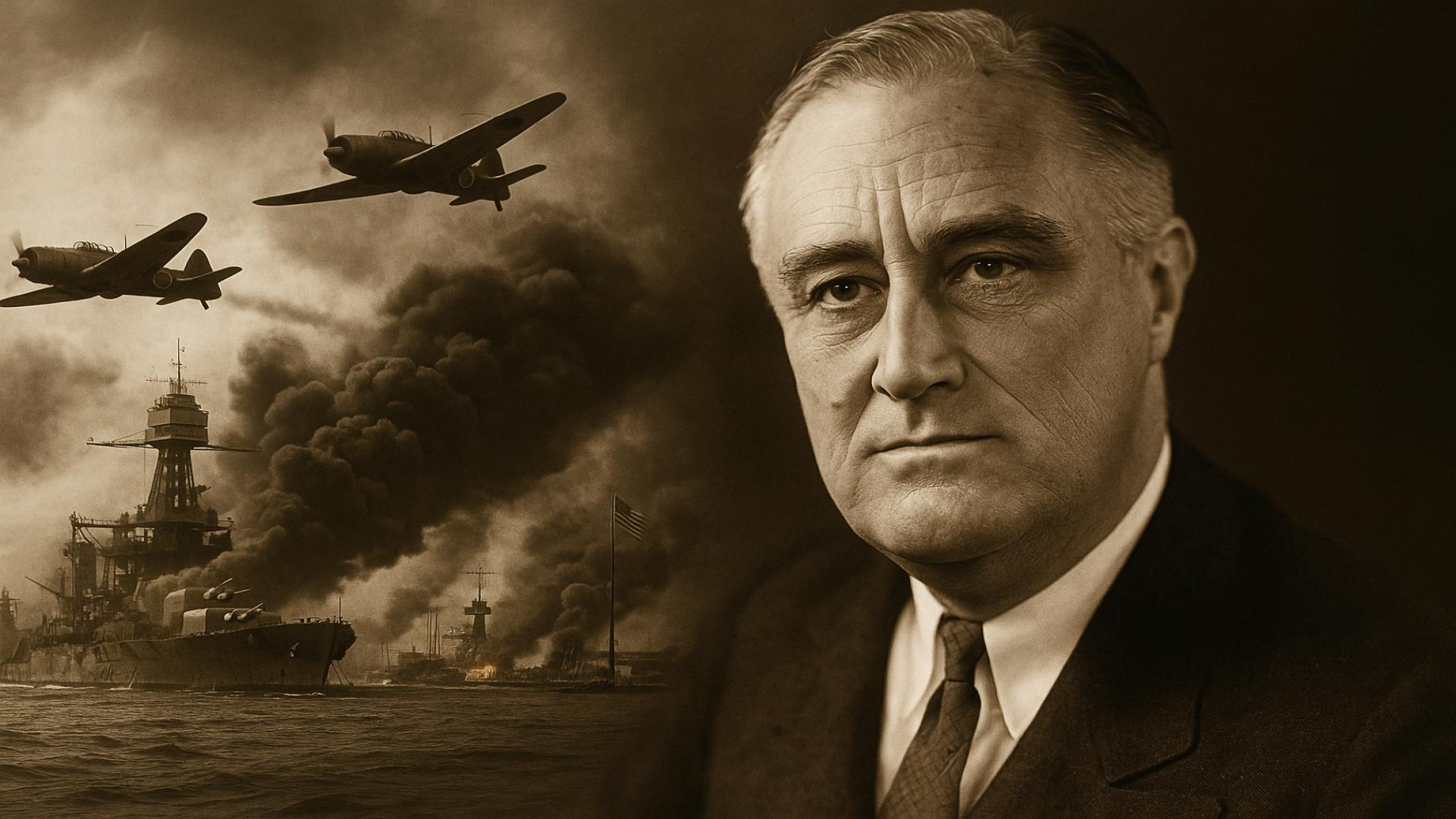1. The Context: Rising Tensions Before Pearl Harbor

In the months leading up to Pearl Harbor, relations between the United States and Japan grew dangerously strained. The U.S. imposed harsh economic embargoes on Japan, targeting oil and other vital resources. Diplomatic negotiations stalled, and both nations increased their military readiness. According to History.com, the standoff created an atmosphere of anticipation and unease. Many historians argue that these mounting tensions made a Japanese attack seem likely, fueling later speculation that U.S. leaders might have seen the signs—or even expected them.



















